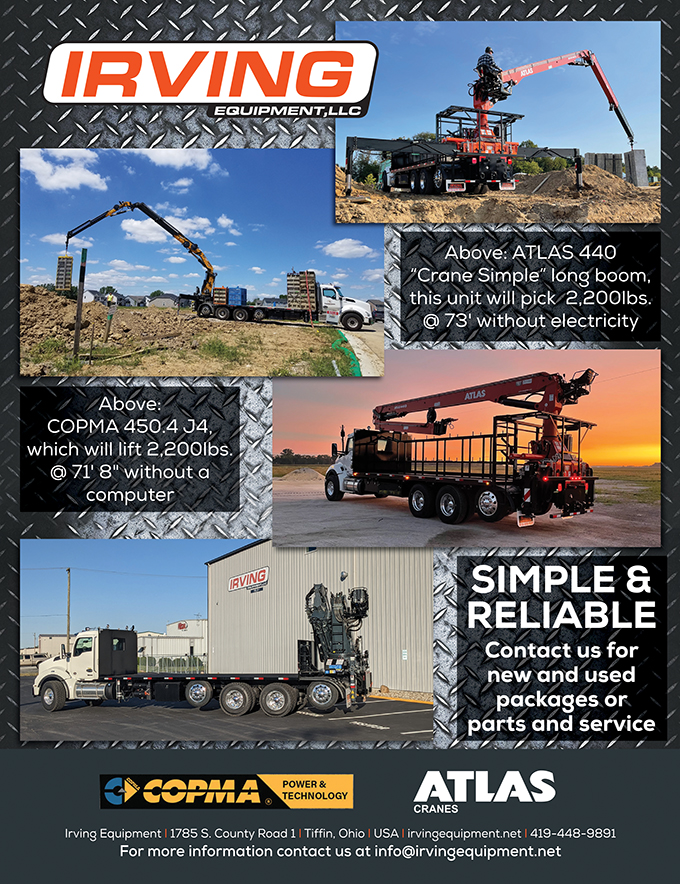Marijuana At Work
On November 8, four states approved the use of recreational marijuana bringing the total to eight states and the District of Columbia. Alaska, Colorado, Oregon, Washington, and the District of Columbia had already approved recreational use. California, Maine, Massachusetts, and Nevada joined the recreation use states on November 8. In addition, Arkansas, Florida, and North Dakota passed medical marijuana laws, bringing the total to 29 states, Puerto Rico, and the District of Columbia. Concrete contractors are legitimately concerned about workers who are high on the job.
Marijuana remains a Schedule 1 drug, which means it is illegal and has no known medical use – at least according to the federal government. Thus, it is not lawful for a worker to use pot at work or be impaired by it. Employers with workers subject to the DOT’s regulations must maintain a zero-tolerance drug policy, at least with respect to those workers. Generally, this includes anyone who drives a truck as part of their job. In addition, contractors with federal grants or contracts must adopt a zero-tolerance policy to comply with the Drug Free Workplace Act.
Cannabis is often used for its mental and physical effects, such as a “high” or “stoned” feeling, a general change in perception, euphoria (heightened mood), and an increase in appetite. Long term side effects may include addiction, decreased mental ability in those who started as teenagers, and behavioral problems in children whose mothers used cannabis during pregnancy.
Some immediate undesired side effects include a decrease in short-term memory, dry mouth, impaired motor skills and reddening of the eyes. Aside from a subjective change in perception and mood, the most common short-term physical and neurological effects include increased heart rate, increased appetite and consumption of food, lowered blood pressure, impairment of short-term and working memory, psychomotor coordination, and concentration. Some users may experience an episode of acute psychosis, which usually abates after 6 hours.
Decriminalization-only statutes have been enacted in Alaska, California, Colorado, Georgia, Hawaii, Maryland, Massachusetts, Michigan, Montana, New Jersey, New Mexico, Oregon, Vermont and Washington. These states’ laws are silent on employment issues, and courts in California, Colorado, Michigan, Montana, Oregon and Washington (including the Supreme Courts of California, Montana, Oregon and Washington) have ruled that employers may take adverse action following a positive drug test result because decriminalization statutes are not intended to address employment.
The following states — Arizona, Connecticut, Delaware, the District of Columbia, Illinois, Maine, Minnesota, Nevada, New Hampshire, New York, and Rhode Island — have laws that, in addition to decriminalization, address employment (e.g., limiting adverse action and/or requiring accommodation). These laws conflict with the current federal law.
In the US, men are over twice as likely to use marijuana as women and 18-29 year-olds are six times more likely to use as over 65-year-olds. In 2015, a record 44% of the US population has tried marijuana in their lifetime, an increase from 38% in 2013 and 33% in 1985. This makes usage a genuine concern for concrete contractors.

As marijuana is legalized, usage increases. For example, after marijuana was decriminalized in Colorado, the number of positive workplace drug tests increased by 20 percent between 2012 and 2013, compared to a national average increase of five percent.
Pursuant to the Occupational Safety and Health Act, all employers have a general duty to maintain a safe workplace. This cannot be done if employees are permitted to work while impaired by alcohol or marijuana (or other substances). Although the Americans with Disabilities Act requires an employer to reasonably accommodate a physical or mental impairment that substantially limits a major life activity, the ADA does not protect users of illegal drugs. Moreover, if the position involved is classified as “safety-sensitive,” employers may be able to assert that there is no accommodation that would not lead to undue harm, as marijuana use by the employee or applicant “may pose a ‘direct threat’ to the health and safety of himself” or another.
One problem that contractors may face stems from the nature of drug testing. Urine testing only detects the presence of metabolites which can stay in the system for days after use. Unfortunately, this means that urine testing does not detect impairment. In states where the law requires accommodation or protects workers who use pot, proof of impairment is essential if the worker is to be disciplined or terminated. If you suspect that an employee was impaired by marijuana at the time of a work-related injury, do not rely on a urine toxicology test alone, but seek other evidence to show impairment, such as surveillance cameras and the statements of other employees.
A well drafted drug testing policy is essential for concrete contractors. A god policy must prohibit impairment, not just possession or use. Ideally, the policy should prohibit the presence of THC or marijuana metabolites in the worker’s system. The policy should define as illegal those substances prohibited by state or federal law. And the policy should explicitly state that all applicants will be tested before commencing work. Consider also testing post-accident, return from leave, reasonable cause, and also random testing.
In those states where the law imposes a reasonable accommodation duty, use the same process as you would under the ADA. After a positive drug test, ask if marijuana use is for medical purposes, but do not ask about the underlying condition or impairment. Next you will want to explore whether any other reasonable accommodation – other than marijuana – is possible. Finally, you will make the undue hardship determination. Remember, if the job is “safety sensitive” it will almost always be an undue hardship to let the worker use pot.
Concrete contractors must remain vigilant in this area. Know the law in your state and your obligations and rights. Always use a well drafted drug testing policy. And make certain that your employees know your policy and its consequences. Here, use of an acknowledgement form is wise.

ABOUT THE AUTHOR
David C. Whitlock has been a lawyer for over 25 years. He specializes in Labor and Employment Law representing companies as they deal with complex federal, state, and local laws, regulations, and ordinances. If you have an employment-related compliance question, he can help you. David also spends a large amount of time helping companies employ foreign workers under the US immigration system. Business immigration is a complex and technical law practice, but David has excelled at it for over 25 years. Contact David Whitlock at 404-626-7011 (phone), davidcwhitlock@gmail.com (email) or visit his website, www.davidcwhitlock.com. David can also be met easily at CFA Convention each summer.









